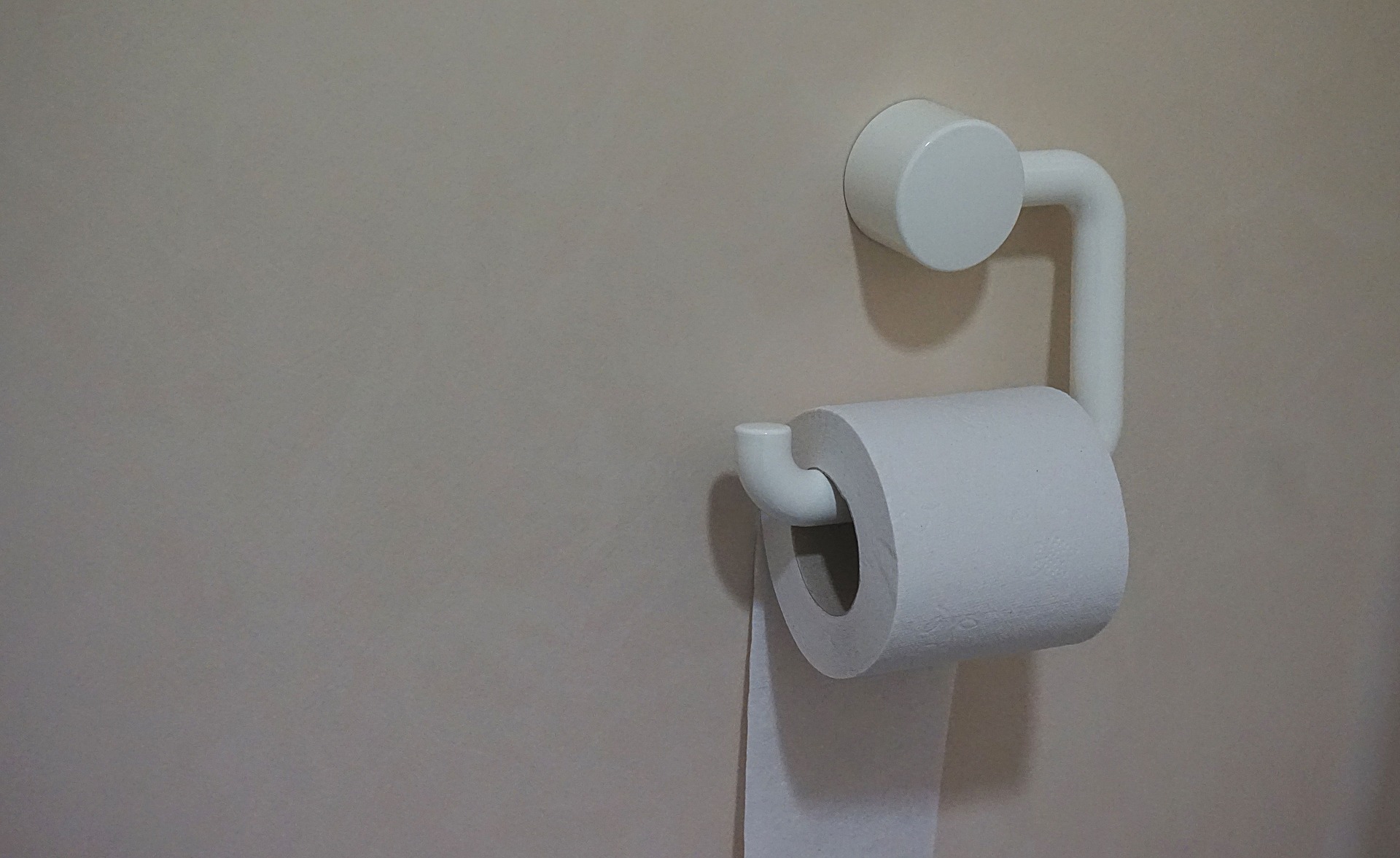
We’re discussing what nobody else wants to talk about. Colorectal cancer, also known as colon cancer or rectal cancer, is the second most common type of cancer among adults and the leading cause of cancer death in the U.S. (Lung cancer is the most common form of cancer.)
In good news, the five-year survival rate for patients whose cancer is found in the early stages is 90%! Unfortunately, in about 40% of cases, the cancer is discovered in later stages where surgery is often the best treatment and treatment is harder.
So how do we detect colon cancer earlier? It starts with your yearly physical and includes tests like a colonoscopy if you’re over the age of 50 or have a high risk of contracting colon cancer.
Don’t stop reading because you aren’t ready for a colonoscopy!
Other tests can provide insight from the outside. Not only do people not want a colonoscopy, many can’t afford the test. That’s why we offer stool-based screenings in our office.
These screenings aren’t the best option for everyone, but for many of our patient’s it’s the place to start.
Fecal immunochemical test (FIT)
This test detects blood in your feces (stool). Your stool sample can be collected in our office or you can bring your sample from home. Not all polyps (extra tissue growing in your colon) bleed and not all blood that may be found in your stool is from a polyp or a cancerous polyp. Some blood found in your stool could be from hemorrhoids or other illnesses. If blood is detected your provider will likely order a colonoscopy. This test is recommended every year, but it’s minimally invasive.
Buaiac-based fecal occult blood test (gFOBT)
Like the FIT, the gFOBT tests for unseen blood in your stools but it works in a different way. Patients take this test home and follow the instructions on the kit to test multiple stool samples and return to their medical clinic where it is sent off to a lab.
Unlike FIT, gFOBT may react to certain medications like Non-steroidal anti-inflammatory drugs (NSAIDs), vitamin C and red meat eaten the last three days before the test.
This test should be done every year and if blood is found in the stool a colonoscopy will be ordered to determine the source.
Stool DNA test
Unlike FIT and gFOBT, stool DNA tests look for abnormal sections of DNA from cancer or polyps in your stool. The process for this test is different than that of the other test but the stool sample may also be collected in the comfort of your own home. If you choose the DNA test, it’s suggested you repeat the test every three years.
Colonoscopy
Colonoscopy jokes at fiftieth birthday parties abound. It makes for a good punch line but not a fun day. This one test is the single best way to detect polyps and other abnormalities in the colon. Polyps that are detected can be biopsied and diagnosed during the colonoscopy. Most polyps take years (think 10-15) to grow into cancer. While the test is invasive, you’re only requested to have one every 10 years after age 50 (unless problems are found, then you may be asked to repeat the test more often).
Bottom line, don’t avoid colon cancer testing because you don’t want or can’t afford a colonoscopy. Our clinic or your regular medical provider’s clinic can handle stool tests as a first step screening for colon cancer. Make an appointment with one of our providers to discuss your options.






Speak Your Mind